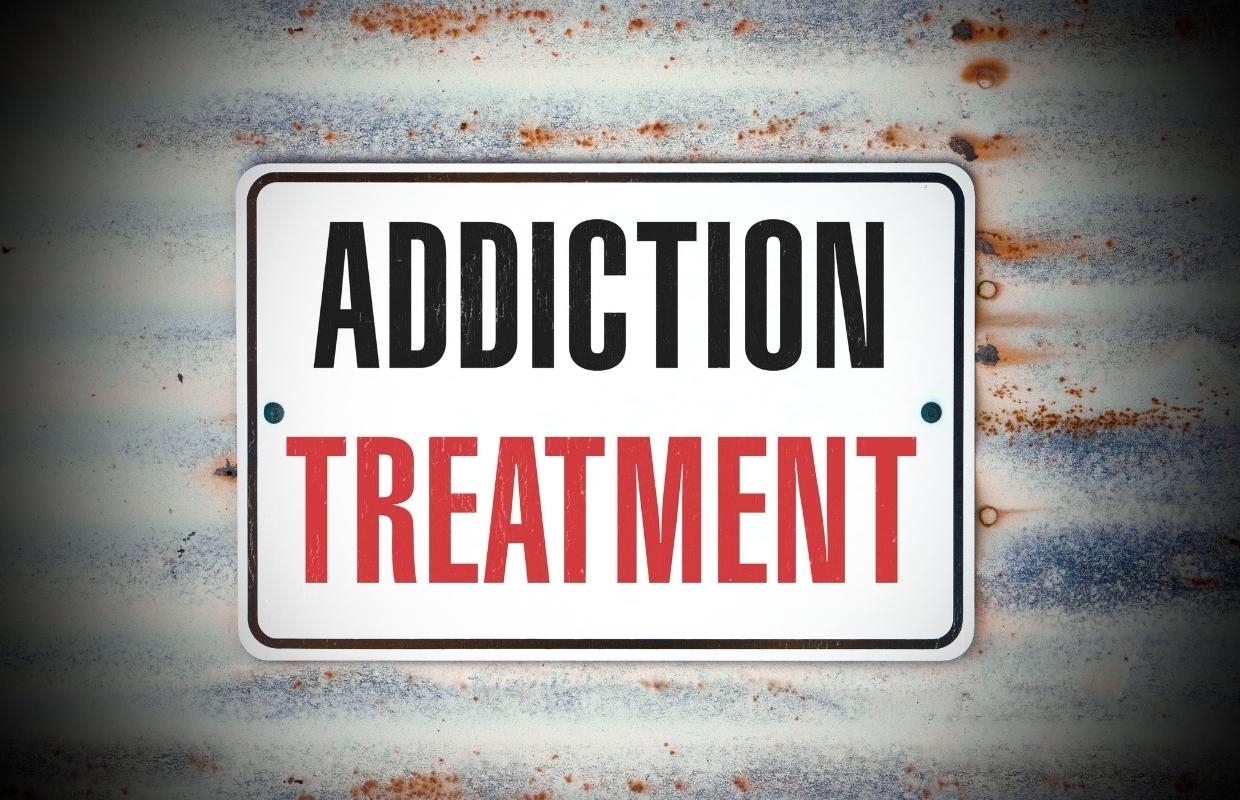FDA-approved Medication-Assisted Treatment can reduce relapse risks in recovery.
Secret Types of Dependency Therapy: Browsing Alcoholism Healing Through Evidence-Based Practices
In the world of alcohol addiction recovery, the integration of Cognitive-Behavioral Therapies (CBT) and Medication-Assisted Treatment (FLOOR COVERING) marks a pivotal stride towards effectiveness and patient-centered treatment. When these evidence-based practices are supplemented with holistic methods, such as mindfulness and dietary assistance, they form a durable structure for therapy.

Understanding Cognitive-Behavioral Treatments in Alcoholism Recuperation
As alcoholism healing develops, cognitive-behavioral treatments (CBT) have become a foundation in efficient treatment strategies. CBT operates the concept that maladaptive habits, such as excessive alcohol consumption, are driven by inefficient ideas and beliefs. Treatment focuses on determining these unfavorable patterns and teaching individuals just how to challenge and change them with more constructive thinking. This therapy is not only about handling behaviors but additionally reshaping cognitive processes, which can lead to continual soberness. Procedure usually include sensible abilities training, such as dealing techniques for managing cravings and anxiety management techniques. The adaptable nature of CBT permits it to be customized to the one-of-a-kind requirements of each individual, improving its efficiency in the realm of alcohol recuperation.

The Duty of Medication-Assisted Treatment in Managing Withdrawal and Cravings
Medication-assisted treatment (FLOOR COVERING) plays an important duty in the management of withdrawal symptoms and find this cravings in individuals recouping from alcohol addiction. Medication-Assisted Treatment. Such combination sustains the retention in therapy programs and contributes considerably to avoiding relapse, noting Floor covering as a cornerstone of efficient alcohol addiction therapy.

Integrating Alternative Techniques With Standard Therapies for Comprehensive Treatment
While medication-assisted treatment gives a fundamental approach to alcohol recovery, incorporating alternative methods with standard treatments uses an extra thorough treatment version. This synthesis enables the therapy of the entire individual, dealing with not only the physical aspects of addiction yet likewise the psychological, emotional, and spiritual measurements. Methods such as mindfulness, yoga, and acupuncture complement cognitive-behavioral therapy (CBT) and team sessions, supporting drug rehabilitation in florida tension decrease and psychological regulation. Nourishment and workout programs better enhance physical health and resilience. By integrating these diverse methods, treatment programs can tailor interventions to individual demands, advertising a much more sustainable recuperation. This integrated strategy underscores the relevance of a complex strategy in the reliable therapy of alcohol addiction.
Conclusion
To conclude, effective alcoholism healing leverages a combination of evidence-based techniques. Cognitive-Behavioral Treatments reframe negative attitude, while Medication-Assisted Therapy tackles the physical obstacles of withdrawal and food cravings. Integrating holistic approaches, such as mindfulness and correct nutrition, with standard treatments makes chemical dependency treatment center sure an extensive care method. Tailored to private demands and sustained in time, these techniques jointly enhance the chance of sustained soberness and total wellness in recouping individuals. meth addiction treatment.